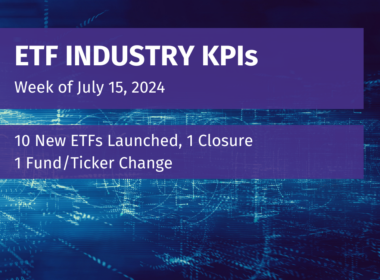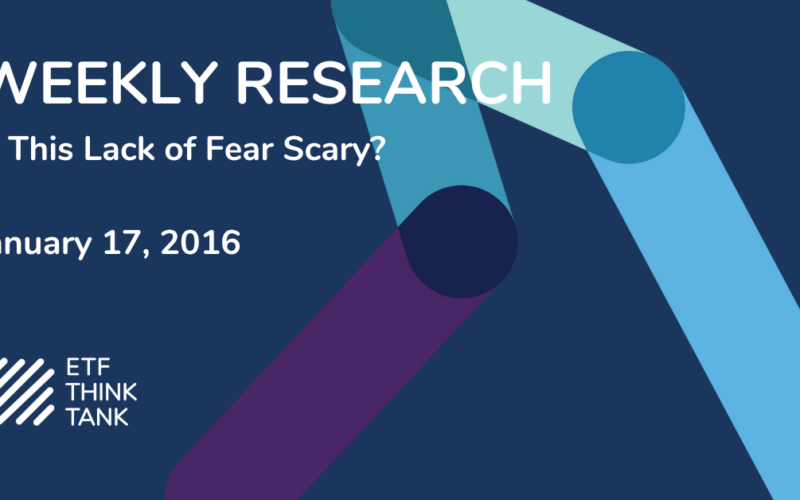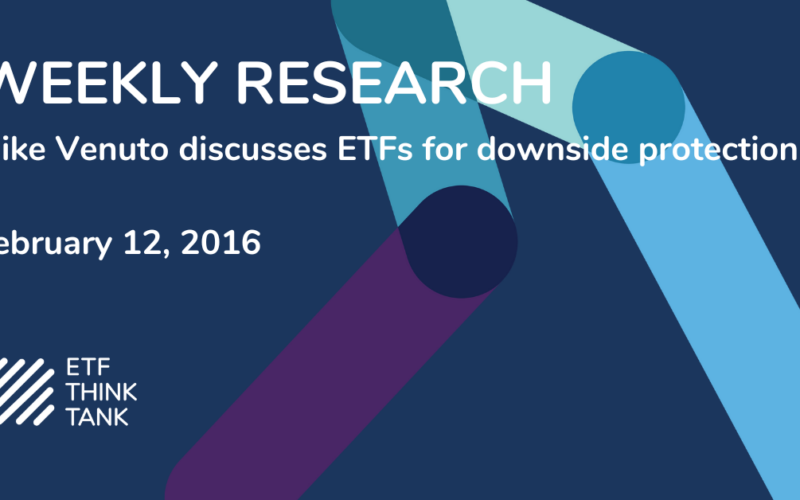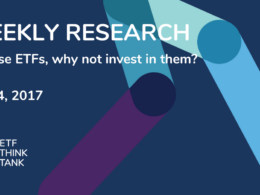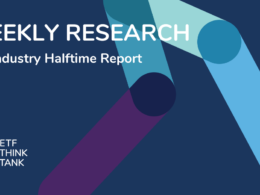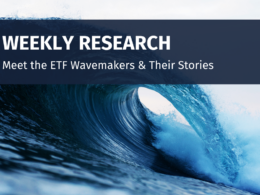Everyone is talking about increased market volatility in this new year.
But if you are a long-term index investor who believes in buy-hold-and-rebalance achieved through passive vehicles such as ETFs, does volatility even matter? Should you worry about it?
Perhaps just as important is the question of whether increased volatility presents unique opportunities to capture alpha. If so, how do you go about finding alpha in this environment?
We asked these questions of a few ETF strategists and financial advisors. Here’s what they had to say:
Scott Kubie, chief strategist, Nebraska-based CLS Investments:
Volatility matters for emotional and fundamental reasons. At CLS, we believe investors have a capacity to bear risk. We call it their risk budget. When an investor is exposed to more volatility than they can tolerate, they often make rash decisions and reduce risk at the wrong time.
Volatility matters, because it is an emotional cost to investing that can lead to reduced performance. It also matters for fundamental reasons, because volatility often expresses—and magnifies—a real risk that could lower long-term returns.
The good thing about corrections is they create opportunities. We are looking for assets classes where the selling pressure has pushed prices below fair valuations and where fundamentals are attractive. Most equity asset classes have fallen in line with their risk during the recent decline.
CLS sees opportunity in rotating toward factor or smart-beta ETFs that offer exposure to the types of stocks that typically outperform in the long run. International markets that benefit from lower oil prices also provide potential price gains.
Michael Venuto, co-founder and chief investment officer, New York-based Toroso Investments:
On paper, volatility is irrelevant when evaluating a total return. Obviously, a 10% return with 20 standard deviation is the same as 10% return with 5 standard deviation.
However, it’s important to remember the client experience. Investors are social and emotional, not paper or theoretical. Even the most astute investors are likely to react incorrectly to extreme market movements. High volatility can cause investors to violently adjust their time horizon and exit the market. Lower volatility promotes participation; a 10% rate of return cannot be achieved on the sidelines.
I believe alpha is more available today than it has been for many years. First, the artificial stimulus provided by the government has ended and fundamentals are starting to matter. In the next few years, relative fundamentals should provide investors opportunities for outperformance.



